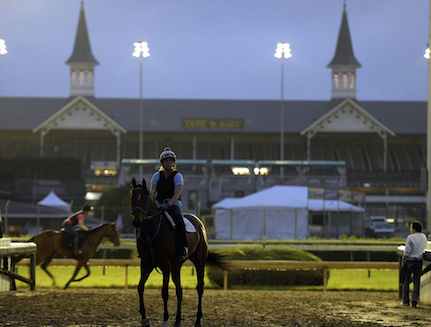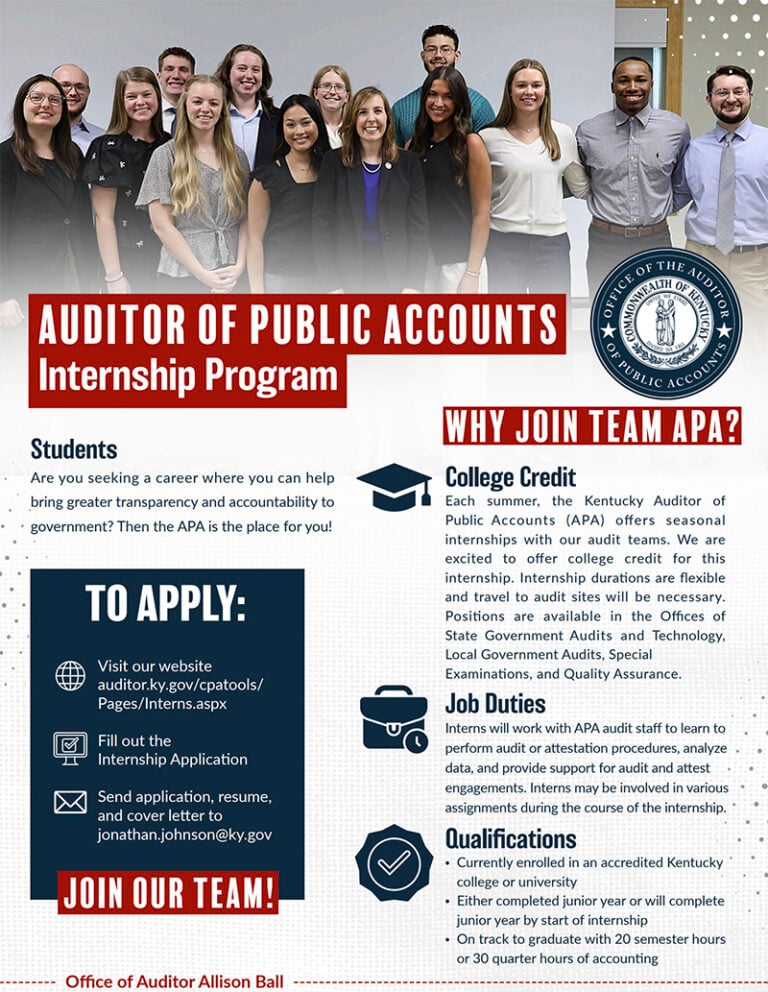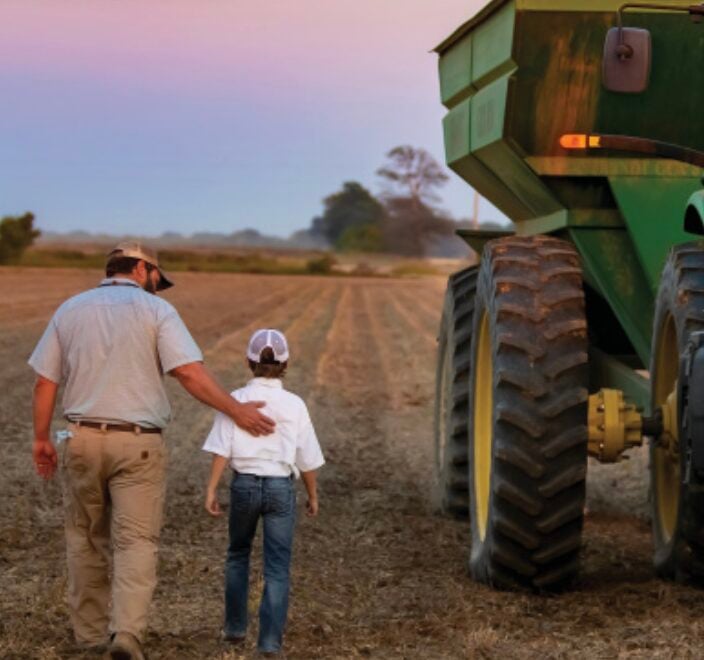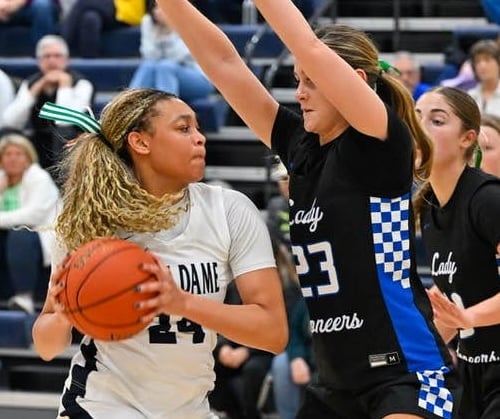By Liane Crossley
NKYTribune correspondent
To the uninformed, horse racing lingo must sound like a foreign language. Casual fans listening to television commentary or friends’ conversations are often lost in the dialogue.
Consider a statement that goes something like this: “The horse worked a bullet and his speed will be dangerous so he might break his maiden or hit to board if he gets the trip.”
Say what?

The animal in question is not planning a heist nor is he out to do harm to himself or others. The translation of the sentence is this: “The horse had the fastest time (bullet) of all workouts that day. That quick action (speed) will make him competitive (dangerous) so he might win (break his maiden) or hit the board (finish among the top three or four) if he gets stays clear of problems in the race (gets the trip).”
Many racing terms are surprisingly available in any dictionary but others are reserved only for those in the know. With the Kentucky Derby on May 7 approaching, it is time to brush up on racing jargon so that you can easily follow along.
Here is some vocabulary that will be heard during Triple Crown season:
Backside—Stable area regardless of whether it actually located behind the grandstand.
Box—Multiple meanings depending on context. In wagering, a box is a multiple horse bet in no particular order of finish such as an “exacta box” in which the bettor collects if his selections finish first and second or second and first. In a race, a horse with insufficient racing room because it is surrounded by rivals is “boxed in.” At the track, seats grouped together are known as a box. In the barn, a stall is often referred to as a box stall or simply a box.
Boys—Male horses; term is used when referencing a filly racing against colts as in “she beat the boys.”
Break his maiden—Horse of either gender that wins for the first time.
Breeze—Timed morning workout at near-race speed usually at less than one mile.
Bug rider—Upcoming jockey whose horse carries less weight (usually five pounds) than those with experienced riders. Term originated because the apprentice allowance was noted with an asterisk (*) that resembles a bug.
Bullet—Morning’s fastest of all timed workouts at a particular distance; term originated because of black dot in front of horse’s name to denote the best time.
Closer—Horse that comes from behind and accelerates in race’s latter stage.
Dangerous—Particularly competitive as in “he will be dangerous if he gets an easy lead.”
Dogs—Traffic cones on turf course for morning workouts that direct horses to middle of track.
Dosage—Mathematical reduction based on pedigree designed to predict a horse’s potential for sprint and distance racing.
Exotics or exotic wagering—Betting involving several horses such as trifecta, superfecta, Pick Six, etc.
Fountain of Youth—Kentucky Derby prep race at Florida’s Gulfstream Park named for the fabled spring sought by explorer Ponce de Leon when he discovered the state in the 16th century.
Hit the board—Horse that finishes among the top three or four in a race and has its number noted on the toteboard.
Hot walker—Person who walks horses after exercise so that it cools out gradually.
Jog—Slang for “trot.”
Maiden—Horse of either gender that has never won a race.
Pace—Tempo of a race or workout.
Peter Pan—Race at New York’s Belmont Park often used as a prep for Belmont Stakes, the third leg of the Triple Crown; named for winner of 1907 Belmont Stakes.
Pony (lead pony, stable pony, pony horse)—Horse of any breed (many are former racers) used as companion that is ridden alongside the racehorse either during the post parade or during morning training; also used as a verb—when a Thoroughbred is escorted, he is “ponied.”

Post parade—Procession of racers accompanied by companion horses that leads to the starting gate about 10 minutes before the race; “post” refers to pole or starting position.
Prep—Race used as a steppingstone to another race; Blue Grass Stakes at Keeneland is a prep for the Kentucky Derby in May
Speed—penchant for being particularly quick on the lead.
Trip—Race, particularly a clear run without interference as in “he got the trip.” Also can be used if there is difficulty in a race as in “he had a bad (or troubled) trip.”
Trouble—Unintentional interference in a race.
UAE Derby—Kentucky Derby prep race run in the United Arab Emirates.
Work or work-out—Timed morning exercise at near race speed and usually at a distance of less than one mile.
Liane Crossley is a freelance writer based in Lexington.

















